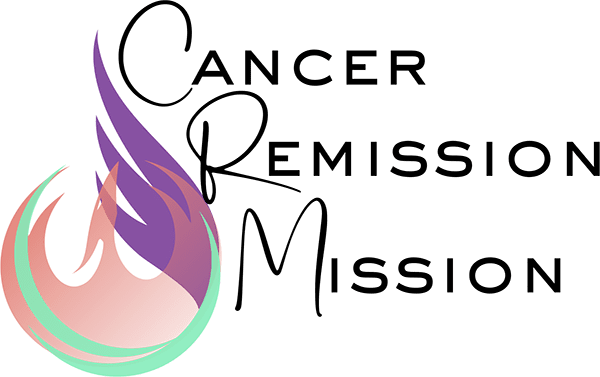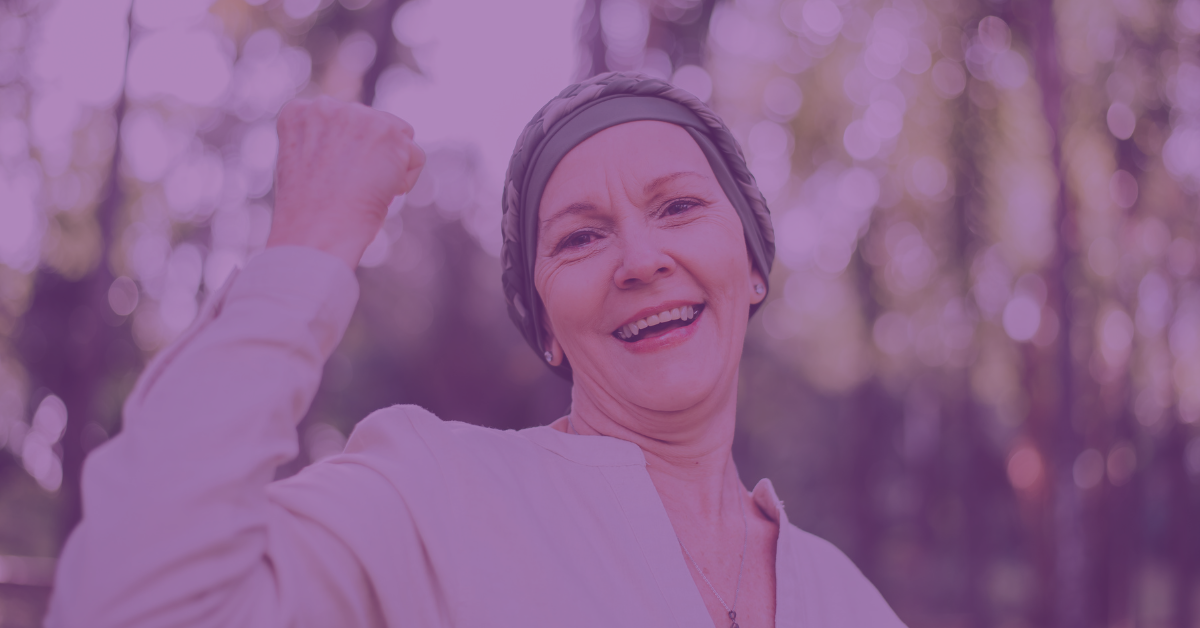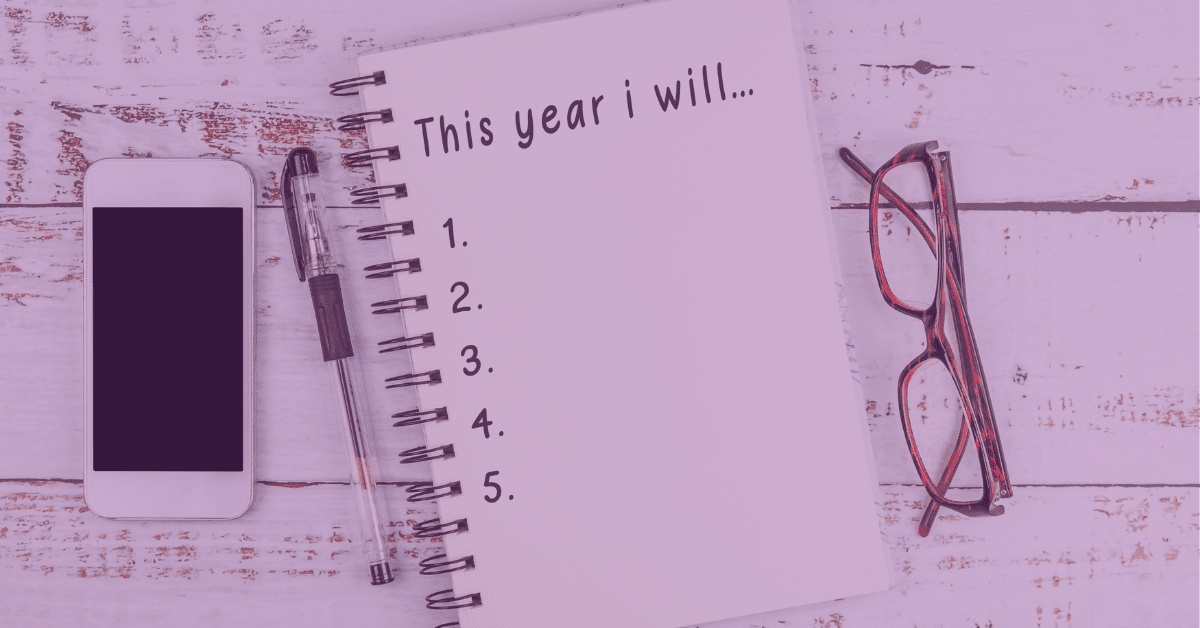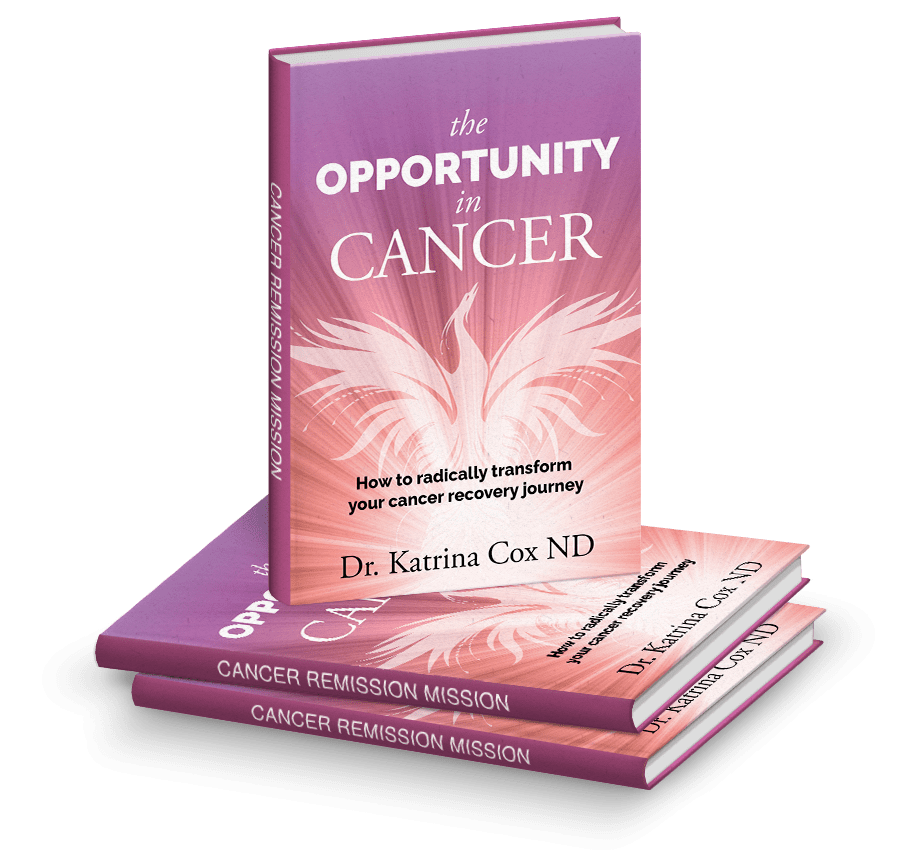One of the reasons I think January is well-chosen to be Mental Health Awareness Month is because it’s a winter month where, in North America especially, it is one of the coldest months and gloomiest months. It’s the month with the shortest amount of daylight hours (ie. where we see sunlight). That decrease in exposure to sunlight can contribute to more feelings of both isolation and low mood.
Secondly, January comes on the heels of the holiday season. A lot of holiday celebrations happen in December, for many faiths and religions. We sometimes add extra things to our plate in the month of December just to be able to connect with the people we love. As a result, we’ve expended extra energy, extra finances, extra time. January can be a low month in terms of recovering our energy from all that socializing. There may be a little bit of extra burnout – holiday burnout, if you will.
Sometimes people will push through this and they get really motivated and fired up. They decide to make changes to their lifestyle as a result of New Year’s resolutions. The challenge becomes that a lot of times we’re dealing with a very low pot of energy because of the time of year. We are really in hibernation mode, especially in North America because we’re so far away from the sun. Trying to tackle more is not not in congruence with what we’re at in terms of the environment, and where we are at in terms of capacity.
It doesn’t mean that we should not do physical activity. It just means that sometimes when we go gung-ho, we can end up adding to the problem instead of being able to subtract from the problem and feel good about ourselves.
There are a lot of factors that make it really important that we talk about mental health in January, even more so for those in cancer recovery. As I shared in my other blog post, sometimes we don’t even recognize depression and anxiety as readily in cancer survivors.
A lot of individuals in remission may not present as having depression and anxiety as other people do. As such, sometimes it isn’t recognized as quickly and treatment isn’t offered as an option, when it may in fact be very much needed.
With that, what I’d like to ask you today, as a cancer survivor, is sit with yourself, tune into how you feel right now and create space for yourself to explore the emotions you are dealing with right now. If you need a little bit more time alone, or if you need a little bit more time with people, find ways to create that for yourself, because ultimately we don’t have to do this in isolation. Reach out to a friend, therapist or health care professional to be the sounding board you need to check in about your mental health.
Looking for more information and support in cancer remission? Join our community at the Cancer Remission Mission on Facebook and Instagram.




